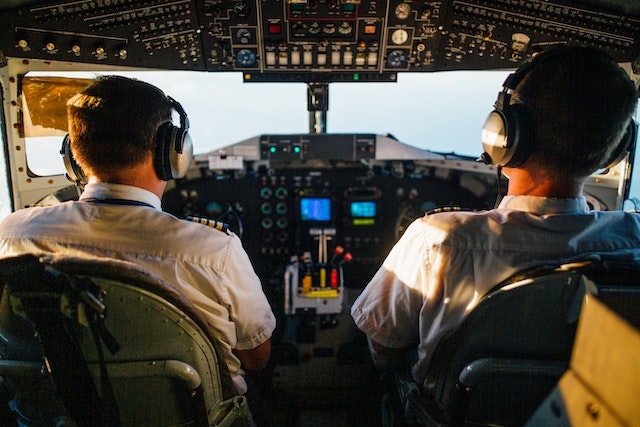Becoming a commercial pilot is a rewarding career choice that allows you to travel the world, meet new people, and enjoy the thrill of flying. However, it also comes with many challenges and responsibilities that require extensive training, education, and certification. In this article, we will explore some of the rules and regulations that aspiring commercial pilots need to follow in order to achieve their dream.
Overview of national and international regulations for commercial pilots
Commercial pilots are subject to various national and international regulations that govern their eligibility, licensing, training, medical fitness, safety standards, operational procedures, and more. These regulations are designed to ensure that commercial pilots have the necessary skills, knowledge, experience, and health to perform their duties safely and efficiently.
Some of the main regulatory bodies that oversee commercial aviation include:
- The International Civil Aviation Organization (ICAO), which establishes international aviation safety, security, and efficiency standards.
- The Federal Aviation Administration (FAA), which regulates civil aviation in the United States.
- The European Union Aviation Safety Agency (EASA), which regulates civil aviation in the European Union.
- The Civil Aviation Authority (CAA), which regulates civil aviation in various countries such as Canada, Australia, New Zealand, South Africa, etc.
Each regulatory body has its own set of rules and requirements for commercial pilots that may vary depending on factors such as:
- The type of aircraft they fly
- The category of operation they perform
- The airspace they operate in
- The country they fly to or from
For example, according to ICAO standards, commercial pilots must be at least 18 years old for single-pilot operations or 21 years old for multi-pilot operations. They must also hold a valid medical certificate issued by an authorised medical examiner. Additionally, they must pass theoretical examinations covering subjects such as air law, meteorology, navigation, human performance etc., as well as practical tests demonstrating their flying skills.
Legal requirements for pilots in different countries
As mentioned above, each country has its own legal requirements for pilots that may differ from or supplement those set by ICAO or other regional authorities. Therefore, it is important for aspiring commercial pilots to research the specific rules and regulations applicable to their desired destination or origin country before applying for a license or certificate.
Some examples of legal requirements for pilots in different countries are:
- In South Africa, commercial pilots must have a valid private pilot license with night rating before applying for a commercial pilot license. They must also complete a minimum of 200 hours flight time including 100 hours pilot-in-command time.
- In Canada, commercial pilots must have a valid private pilot license before applying for a commercial pilot license. They must also complete a minimum of 200 hours flight time including 100 hours pilot-in-command time.
- In Europe, commercial pilots must have a valid private pilot license before applying for an airline transport pilot license (ATPL). They must also complete a minimum of 1500 hours flight time including 500 hours multi-engine time.
Benefits of enrolling at commercial ground schools to become a pilot
One way to prepare for becoming a commercial pilot is to enroll at a reputable commercial ground school that offers comprehensive courses covering all aspects of aviation theory and practice. Ground schools can provide many benefits such as:
- Providing access to qualified instructors who can guide you through the curriculum and answer your questions
- Offering flexible learning options such as online courses or self-paced study materials that suit your schedule
- Helping you prepare for your written exams by providing mock tests, feedback, and tips
- Giving you an edge over other candidates by enhancing your knowledge, confidence, and professionalism
As you can see, becoming a commercial pilot is not an easy task. It requires a lot of dedication, hard work, and compliance with various rules and regulations. However, if you are passionate about flying and have a clear goal in mind, you can achieve your dream by enrolling at a reputable ground school that can help you prepare for your exams and career.











